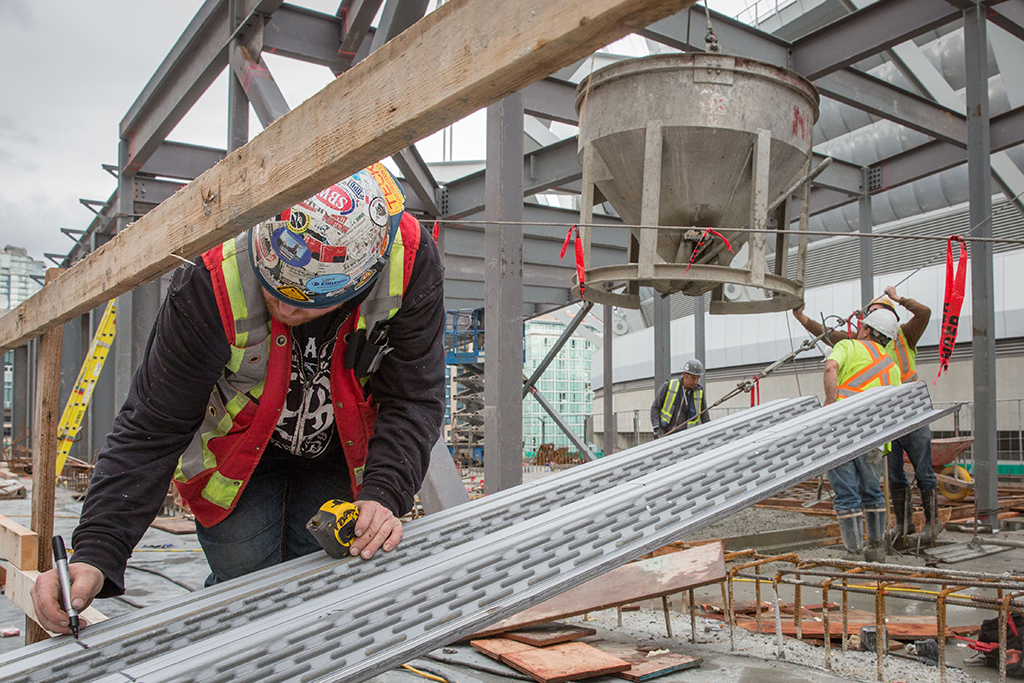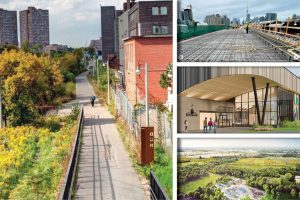VICTORIA, B.C. – More than a decade after B.C.’s compulsory trades system was eliminated, Premier John Horgan announced the launch of a new certification system.
“Skilled tradespeople are building B.C., especially with the largest infrastructure investment in our province’s history already underway,” said Horgan during a press conference. “This is a made-in-B.C. solution to ensure confidence that a highly skilled workforce is behind our recovery while providing good, family-supporting jobs that tradespeople can count on. By working together, we’re ensuring B.C. comes out of the pandemic stronger, with a recovery that reaches people across the province.”
Horgan added that the goal of the system will be to deliver steady employment for people and address the demand for skilled workers in B.C. It will also seek to create more opportunities for women, Indigenous peoples and those starting their journey in trades careers.
“Skilled trades certification recognizes the professionalism of tradespeople throughout B.C., and ensures equity-deserving groups and every person who wants a rewarding career in the trades can access the highest level of education and training,” said Anne Kang, Minister of Advanced Education and Skills Training. “Similar to a post-secondary degree, a certified trades worker has a certification that is recognized by employers – just like teachers, lab techs, nurses and other certified workers. By recognizing the worker’s skill, we will attract more people into careers in the trades in order to help address labour shortages across a variety of trades.”
Horgan explained that the province will implement certification for 10 initial trades after a public consultation process. The 10 trades are:
- mechanical: gasfitter Class A and B, steamfitter/pipefitter, refrigeration and air conditioning mechanic and sheet metal worker;
- electrical: powerline technician, industrial electrician and electrician (construction); and
- automotive: heavy-duty equipment technician, automotive service technician and autobody and collision technician.
They were chosen after officials received recommendations from a 16-member stakeholder advisory working group representing industry associations, labour, post-secondary institutions, Indigenous skills trainers and the Industry Training Authority.
The system will require those working in the ten trades to be a certified journeyperson or a registered apprentice. Government will also be working with industry to introduce journeyperson to apprentice ratios for each of the 10 trades. Key supports will be identified to assist people as the work towards full certification.
Once a trade has been designated for certification, individuals will have at least one year to either register as apprentices or challenge an exam to certify as a journeyperson.
Horgan noted that the changes will put B.C. in line with every other province.
The public engagement process, which is now underway, will seek input on key aspects of implementing skilled trades certification, including:
- helping support current workers to become certified while standardizing skills at a high level;
- identifying and creating implementation supports for employers during economic recovery; and
- creating multiple pathways to completion for all workers
The process includes an online survey, roundtables, community dialogues and focused discussions with the Industry Training Authority, the parliamentary secretary for skills training and staff from the Ministry of Advanced Education and Skills Training.
“Trades workers keep our lights on, the heating running and our vehicles safe, and deliver the services British Columbians count on,” said Andrew Mercier, parliamentary secretary for skills training. “That’s why we want to hear from current tradespeople, those interested in starting their careers and employers on how we can implement a new skilled trades certification system that meets the needs of people and economy today, with a support system that makes sense for both workers and employers. The conversation is ongoing, and we want to hear from you.”
Government will consult with apprentices, trades workers, small to large employers and Indigenous peoples, as well as asking for insight from women, new Canadians and other groups critical to growing the trades workforce about their experiences. These conversations will ensure representation from rural and urban communities.
More industry reaction to come.











Recent Comments
comments for this post are closed